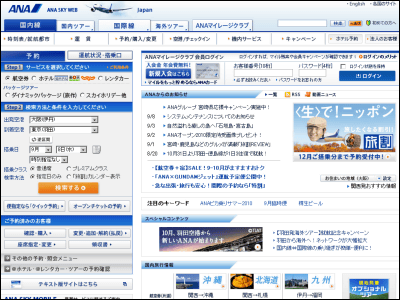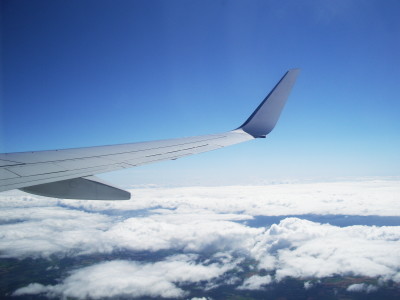Why does the user need to pay checked baggage fee despite the fact that the fuel price of the airplane cheapened?

By█ Slices of Light █ ▀ ▀
When you board an airplane, extra charges may apply to baggage that you can deposit in cargo holders, especially on LCC (Low Cost Carrier) flights. This is the case that it can be seen in major airline companies, especially in the case of American airlines, it is not uncommon for cases other than LCC to be charged separately. Originally a separate fee system introduced due to the soaring price of crude oil, Vox of news media, the reason why the same fee structure is continued even after the oil price has calmed down It is summarized.
Fuel is cheap. Why are we still paying to check bags? - YouTube
We often see sight of depositing luggage such as a suitcase when riding an airplane. The first luggage may be free, but in case of two or more, or in some cases the baggage is charged for some airlines.
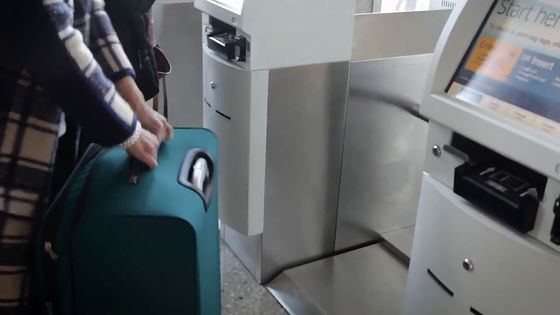
An American airline may require an extra charge of $ 25 (about 3000 yen) per deposit.
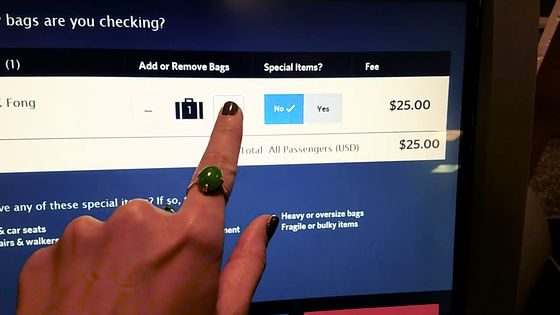
The additional fee system for this checked baggage was introduced because the crude oil price rose sharply in 2007 and after 2010 and the price of jet fuel also soared. However, the oil price has stabilized in 2014, but many airlines still have an additional fee system.
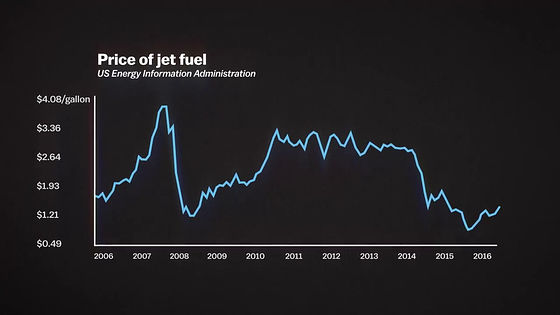
Among such circumstances, Southwest Airlines, one of the LCCs, carries out a rate campaign that is the only major airline company that does not charge for checked baggage.
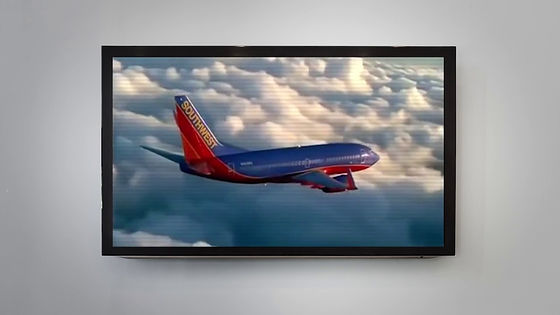
Many airlines are leaving an additional fee system because it is a big income source. According to statistics, since 2008 the amount of checked baggage charged by airlines from passengers has risen sharply, and it is said to be about 4 billion dollars (about 450 billion yen) per year. When the fuel price had stopped high, the jet fuel cost was allocated from this sales, but the charge collected similarly after 2014 when the fuel cost dropped should remain as the profit of the airline as it is .

In addition, the tax system is also spurring this trend. Until 2008 in the US, 7.5% of the sales of airline tickets were collected as consumption tax.

But since 2008 the system has been changed so that taxes on checked baggage will not be charged so the airline has to review the tariff system and collect the freight for baggage instead of cheaper ticket fee about. In addition, as carry-on luggage increases, the overhead space in the aircraft becomes short. Therefore, the airline company fee-charged a priority boarding system that allows you to board the aircraft ahead of the other and place the baggage. Because tax is not applied to this charge, the price setting of "Additional charge included" accelerated.

As a result, the airline's profit will increase greatly from around 2013. Against this backdrop, factors such as the merger of major airlines exist, but the impact of increased profitability from the fee as a source is not small.

If the profit rises, it is possible to make it cheaper by reflecting it in the fare, but passengers are increasing in the airline industry generally, so there is no need to increase the number of customers by making reasonable discounts. Under such circumstances, the airline has gained great profit over the past few years.

In addition, due to the increased number of baggage, the time required for checking the security of the baggage has increased significantly. In the peak period, the situation that the airport security check is kept waiting for more than 3 hours is secondary. Looking at this situation, it seems that the government and the Congress have also raised calls for airlines to reconsider their fee structure.

Then, if it is thoughtfully to lower the checked baggage fee, everything fits round, the reality seems to be a bit more complicated.

According to a study, it is clear that the scheduled rate of aircraft has improved due to a reduction in checked baggage, and the average delay time has been reduced by two minutes.

While the waiting time at the airport has increased, there is a phenomenon that the handling volume of cargo holds is reduced. Benefits from this are also born.

That lost baggage (lost baggage) occurring during transit and the like is decreasing. Also, as the scheduled rate improves, arrival at the destination on time increases, and the case of missing the connecting flight is also decreasing.

Certainly, paying for luggage is a thing with negative emotions. However, looking at the whole in this way, it is also true that some merit is occurring.

Related Posts:





